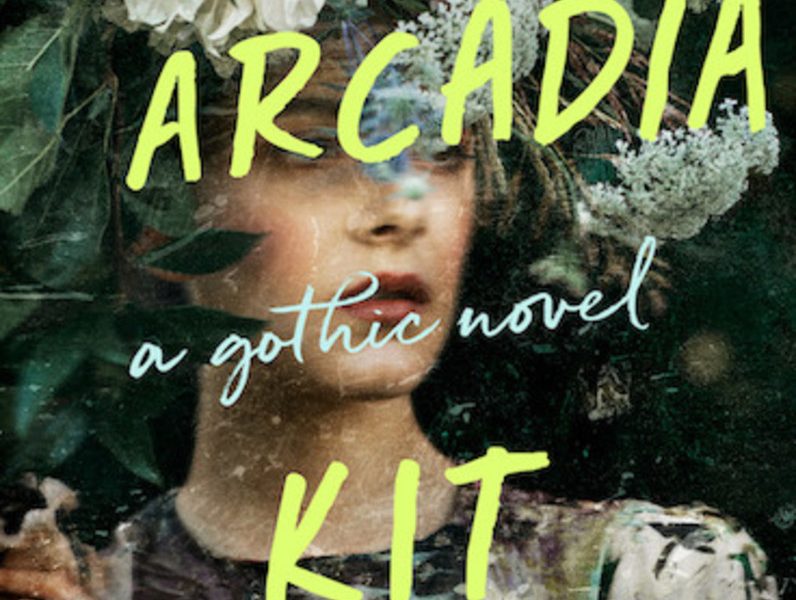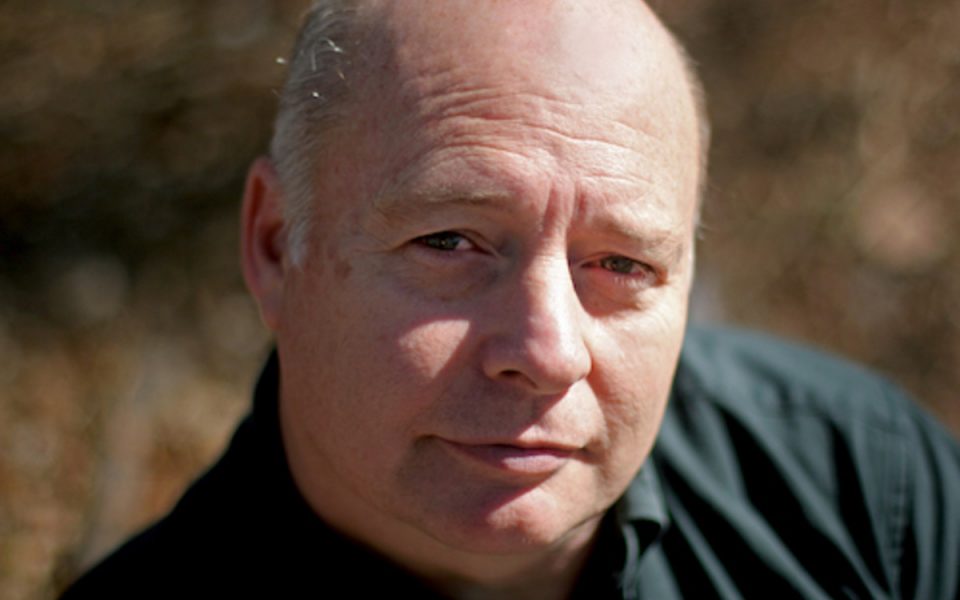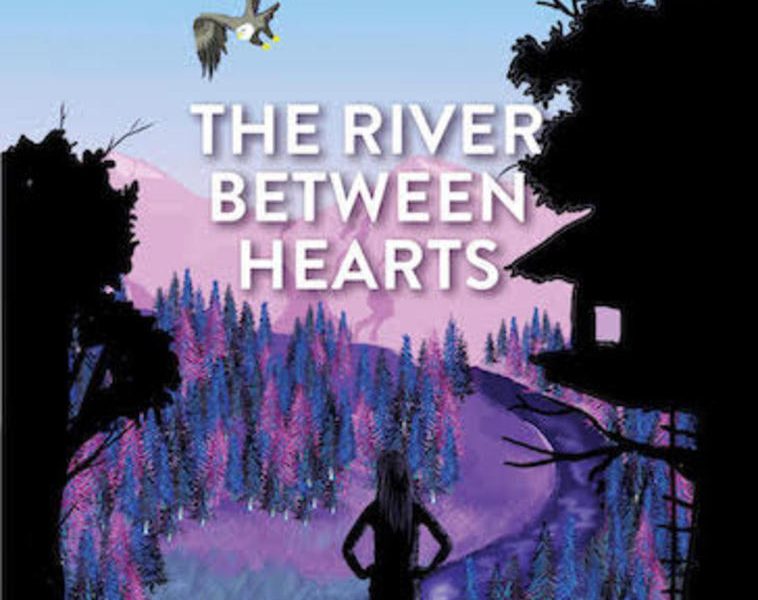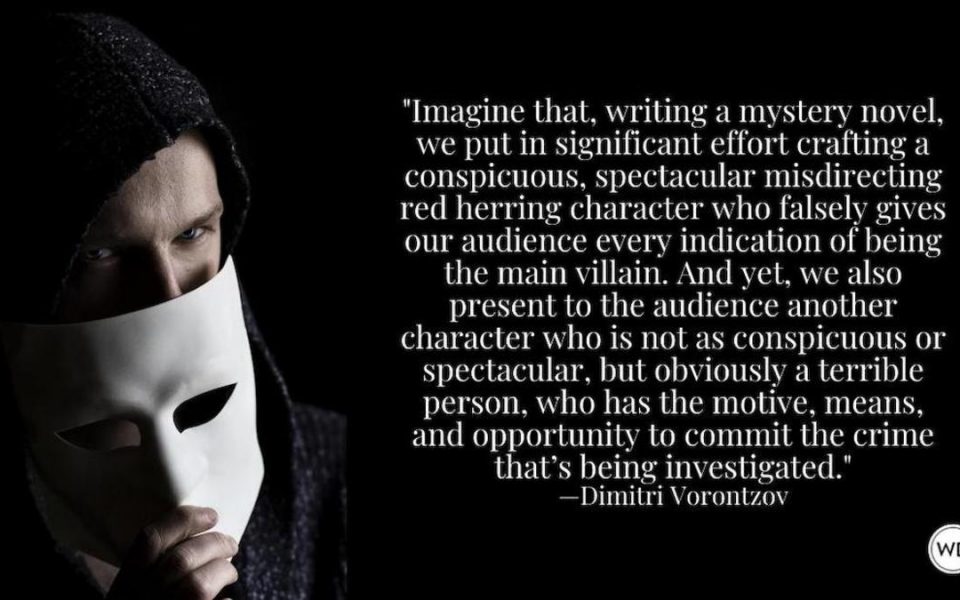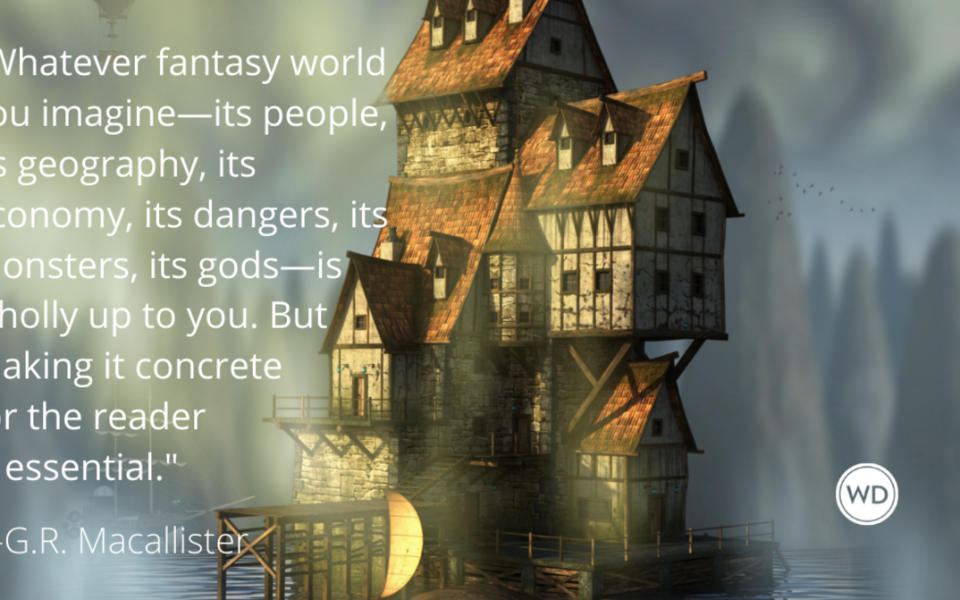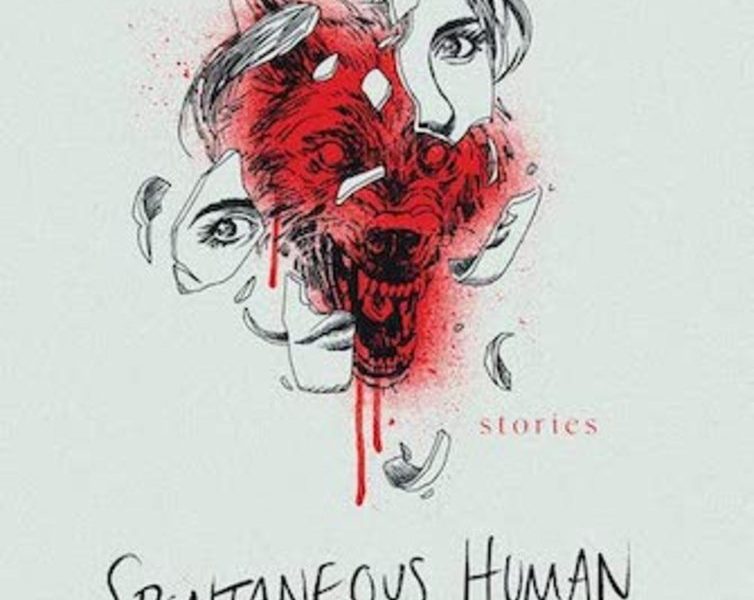genre / 45 posts found
How to Maintain Accuracy Across Multiple Plot Lines in Historical Fiction
Every time I attend a conference, class, or appear on a podcast, they inevitably ask the question: “Are you a pantser or a plotter?” (Research and Storytelling for Successful Historical Fiction) I want to wave the freedom flag with all the pantsers in the room. They describe sitting down at the computer watching as stories pour out of them. From beginning to end, a never-ending flow of brilliance and light. So, I tried the technique. I sat and waited for the muse to strike. I had the idea for a novel, but it was not filling the page, as my […]
5 Tips for Writing a Revenge Story
Oh, sweet revenge. There’s nothing like a well-executed plan to get the blood pumping and the pages turning. That feeling when a character finally doles out their death punch, or sneaks that drop of poison into their enemy’s cup is one of the most rewarding experiences a reader can have. As a longtime fan of revenge stories, that feeling I get when things fall into place never fails to bring a bigger smile to my face than a first kiss in a romcom. But the thing with revenge stories is that unless all the pieces are there, a protagonist’s final […]
5 Steps for Using Setting to Write Compelling Middle-Grade Narrative Fiction
Middle-grade protagonists and readers have minds hungry to define their worlds. It’s the work of this age group, after all, before they grow into young adults with the angst of determining how they fit, or do not, into the worlds they’ve defined. For this reason, setting is vital to middle-grade narrative. (Why We Should Read Middle Grade Fiction as Adults) I live in Vail, Colorado, where our inclined Rocky Mountain setting is obvious. Many people live or travel here to ski, snowboard, hike, bike, raft, hunt, kayak, Jeep, camp—to interact or recreate with nature. The surrounding peaks’ zig-zag horizons and […]
Green Herring: How to Camouflage a Villain in a Mystery Novel
I can see you frown: “Wait a minute. Green herring? Are you sure? Shouldn’t it be red herring?” Nope! There’s no mistake in the title. The herring in this case is really supposed to be green, and that’s what makes it so much fun for me to write about! But let’s start with a quick refresher on the more familiar red herring. A “red herring” is a form of misdirection, and one of the time-tested ways to create such a misdirection in a mystery story, or in a story that uses mystery elements in its plot. As you probably know, […]
The Rewards of Writing Epic Fantasy Fiction (After Writing in Another Genre)
My first historical novel, The Magician’s Lie, was published in 2015. When interviewers asked how I started writing historical fiction, I told the truth: It was an accident. I hadn’t meant to become a historical novelist, not exactly. (How to Write Time Travel Historical Fiction.) I’d been writing contemporary fiction until I got a book idea I couldn’t shake: Why is it considered unremarkable for male stage magicians to cut women in half, and what would happen if a female stage magician cut a man in half instead? As I developed the idea, it became clear it should be set […]
How to Write Unique Horror Fiction When Every Trope Has Already Been Used
I’ve been writing dark stories for 14 years professionally, and quite often my students, peers, and friends ask me, “Richard, how do you write unique horror stories when every trope has already been used?” That’s a great question. Something I wrestle with every time I sit down to write. So here are a few ideas. GENERAL VS. THE SPECIFIC So, if I mentioned a few horror tropes or monsters, such as a werewolf, vampire, zombie, or demon, you might roll your eyes. “Seen it, been there, done that, bored to death.” And I hear you. But what if I instead […]


